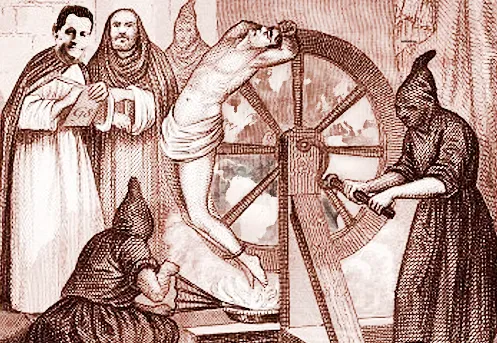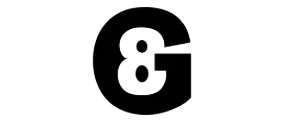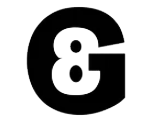This paper delves into the repetitive historical pattern of a minority imposing their way of thinking by flouting the most fundamental rights that every individual should enjoy without limit. By reviewing history, often marked by bloodshed, the paper explores how such occurrences inevitably repeat, with only the tools of control and torture changing over time.

Throughout history, numerous instances reflect the domination of a minority imposing their thinking on the majority, often ignoring the basic human rights that every individual is entitled to enjoy without hindrance. This phenomenon is not new; it has been an integral part of our past, with the instruments of control and torture evolving over time. This paper investigates this pattern, underscoring the pursuit of freedom that becomes a casualty in this process.
History’s Repetitive Cycle
History, garbed in the vestments of bloodshed, teems with instances of such transgressions, repetitively and inevitably recurring. This cyclical phenomenon is a critical facet of historical studies, highlighting the chronic repetition of human rights violation by controlling powers. The uniqueness of each episode lies not in the nature of the act but in the methods of control and torture employed to suppress those aspiring to freedom.
The Changing Tools of Suppression
With the march of time, the instruments of control and torture have evolved, transitioning from physical constraints to psychological manipulation, and more recently, to digital surveillance and control. Yet, the fundamental goal remains the same – to stifle dissent and curb the aspiration for liberty. This evolution reflects the adaptive nature of oppressive powers to use the tools of their time to continue their dominance.
| Historical Era | Dominating Minority | Suppressed Majority | Tools of Suppression |
|---|---|---|---|
| Ancient Civilizations (e.g., Roman Empire) | Imperial rulers | Slaves, common citizens | Physical torture, public punishment |
| Middle Ages (e.g., The Inquisition) | Religious authorities | Alleged heretics | Torture devices, public executions |
| Modern History (e.g., Nazi Germany) | Fascist regime | Jews, political dissenters | Propaganda, concentration camps |
| Cold War (e.g., USSR) | Communist party | Intellectuals, political opponents | Propaganda, Gulag system |
| Digital Age (Present) | Governments, Corporations | Netizens, political dissenters | Digital surveillance, censorship |

